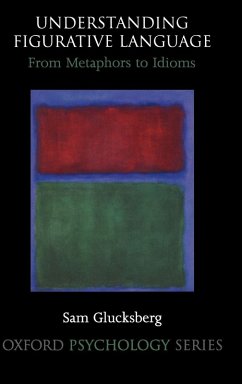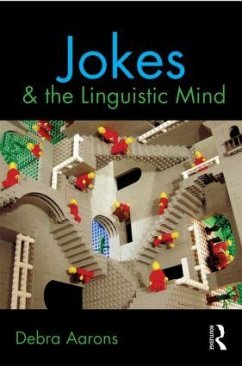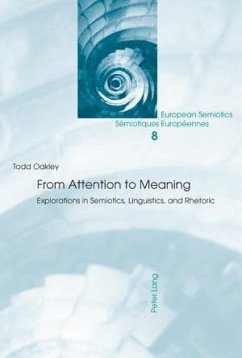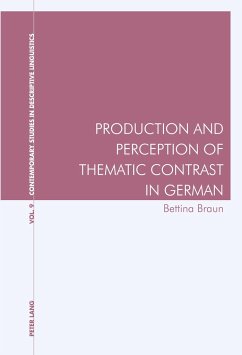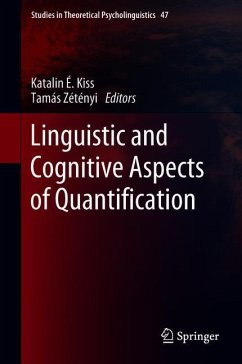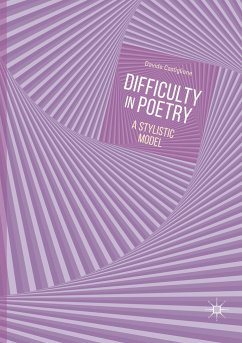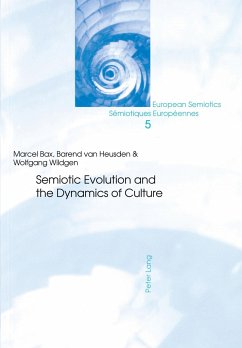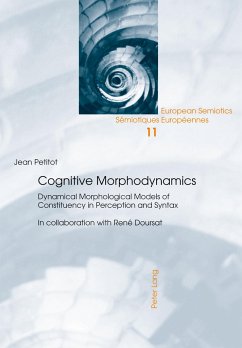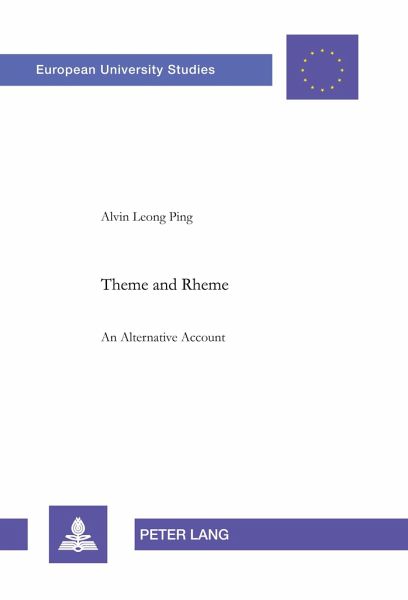
Theme and Rheme
An Alternative Account
Versandkostenfrei!
Versandfertig in 6-10 Tagen
96,95 €
inkl. MwSt.

PAYBACK Punkte
0 °P sammeln!
This book argues for the inclusion of a cognitive psychological component in the analysis of theme and rheme, the basic building blocks of the message structure of language. The inference-boundary (IB) model is presented and justified as an explanatory model of the message structure of the clause and, above it, the text. It views theme as an element that is capable of generating a boundary of acceptability within which it is permissible for the rheme to occur. It explains why and how an initial element is considered to be thematic. The IB model also acknowledges the operation of a principle - ...
This book argues for the inclusion of a cognitive psychological component in the analysis of theme and rheme, the basic building blocks of the message structure of language. The inference-boundary (IB) model is presented and justified as an explanatory model of the message structure of the clause and, above it, the text. It views theme as an element that is capable of generating a boundary of acceptability within which it is permissible for the rheme to occur. It explains why and how an initial element is considered to be thematic. The IB model also acknowledges the operation of a principle - the principle of acceptable message development - that underlies all that we say and write. This principle forms the basis of a simple test to identify and delimit the thematic portion.





